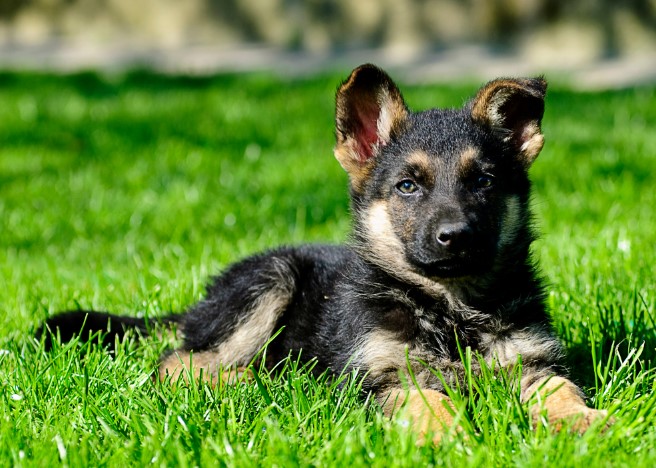
The arrival of a new German shepherd puppy into your family will be a huge change for everyone involved. You should be prepared for this adjustment with a lot of planning.
Ensure you have all the necessities in place, including a safe area for them and a schedule for feedings. It would help if you also discussed expectations with the whole family.
The First Few Days
Whether you bought your German Shepherd puppies imported from Germany you must be prepared for the adjustment period. These intelligent, loyal dogs are well-suited as working and service animals and make wonderful family pets.
They are eager to please and quick to learn, which makes them easy to train. However, their natural curiosity and active nature can be challenging to contain when they aren’t on a leash.
They require a large area to play, sleep, and potty; make sure it’s away from footpaths and that it’s draught-free and warm. It would help if you also moved any furniture or objects that may be in the way of their crate. A comfortable bed is also important, and it’s a good idea to teach them their name so that they feel connected with their new home. You can use the dog’s name as a signal to get their attention or before every command.
The First Few Weeks
As a pack animal, your German Shepherd puppy will bond with his family. They are very intelligent and can be trained for a variety of tasks. They also make excellent guard dogs.
Getting your new puppy comfortable in his new environment will require a lot of sleep, quiet time and attention from you. You must put your pup in his crate for sleeping and potty breaks. He will need toys, treats and a place to play. He may whine to call his mother or littermates for the first few days, and you must comfort him.
Puppies eat frequently to meet their high metabolism. They should be fed twice to three times daily to prevent digestive upsets such as bloat. Ensure that their food is fresh, low in fat and ideally organic. This will help them have a healthy balance of beneficial bacteria. A reputable breeder will have your puppy’s medical history and vaccination schedule on file.
The First Few Months
German Shepherds can be highly intelligent dogs, making them a joy to train. They are eager to learn and to please their humans. They are also extremely loyal and can become very protective of their family members. Bringing home a German Shepherd puppy can be a life-changing experience for you and your new pet. It takes careful planning, consideration and patience to ensure the transition goes smoothly for everyone involved.
It is important to have a schedule of regular feedings, play times and walks for your new pup so that he can feel confident and comfortable in his surroundings. It is also a good idea to have his sleeping area set up and supplies ready before you bring him home so that everything runs smoothly.
Puppy-proofing your home is an absolute must. Your pup only takes two seconds to soil the carpet or chew a table leg. Rather than punishing them for their mistakes, use a stern “Uh-oh” to correct them and redirect them to something else.
The First Few Years
Bringing home a German Shepherd puppy is a huge commitment, but it’s also an incredibly rewarding experience. With time and patience, you can help your new pup grow into a well-mannered adult dog that’s a joy to have around the house and in public.
Researching and finding a reputable breeder that offers healthy puppies is important. Check with multiple breeders and follow your instincts if something feels wrong.
As your German Shepherd pup grows, keep their environment clean and hazard-free so they can thrive. It’s also essential to have a safe space that they can escape to for privacy and comfort.
As teething begins, provide your German Shepherd with chew toys to minimize damage to shoes and furniture. It’s also helpful to schedule regular walks, playtime and training sessions so they can exercise and developmentally stimulating games. This will help keep them calm and happy and avoid boredom, which can lead to destructive behaviors.